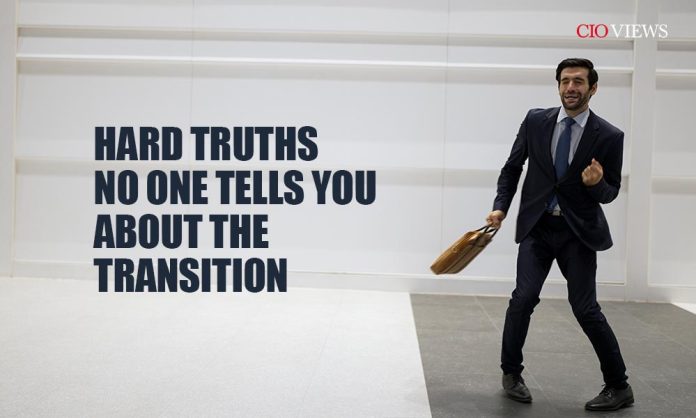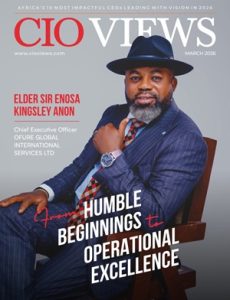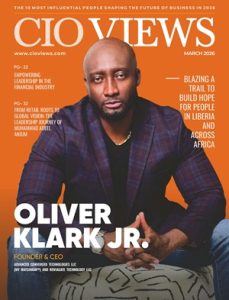The leap from being a seasoned corporate executive to becoming a startup founder is often glamorized. Success stories of industry leaders who built empires can make the shift look seamless. Yet, behind the highlight reels lies a landscape of challenges, sacrifices, and uncomfortable realities. Transitioning from executive to founder requires unlearning old habits, developing new skills, and embracing uncertainty at a scale most leaders underestimate.
Below, we explore the 7 hard truths that no one tells you about this monumental shift.
1. Your Corporate Playbook Won’t Work in a Startup
Executives thrive in structured environments where established systems, processes, and teams are already in place. As a founder, you start from scratch. There are no predefined systems, no large departments, and often no team to delegate tasks to.
-
In the corporate world, success often comes from managing scale and optimizing systems.
-
In a startup, survival depends on experimentation, agility, and rapid execution with minimal resources.
-
Founders must wear multiple hats—marketer, salesperson, HR, product manager, and even operations specialist.
The strategies that made you a star in the boardroom can become liabilities when you’re building something from nothing.
2. The Financial Reality Hits Harder Than Expected
Corporate executives enjoy steady paychecks, bonuses, stock options, and perks. Founders? Not so much. For many, the transition means cutting personal income drastically and reinvesting savings into the business.
-
You may go months, even years, without drawing a salary.
-
Raising capital is harder than most anticipate. Investors want traction, proof of demand, and evidence of scalability before committing funds.
-
Personal financial sacrifices extend beyond yourself—they often impact your family and lifestyle.
The glamour of ownership comes at the cost of personal financial stability.
3. You’ll Trade Prestige for Loneliness
As an executive, you’re surrounded by teams, colleagues, and a vast network of peers. When you become a founder, that ecosystem shrinks dramatically.
-
The prestige of your former title no longer carries weight—doors that once opened easily may now remain closed.
-
The isolation of decision-making as a founder is profound. There’s no board to back you up or established hierarchy to fall back on.
-
Friends and colleagues may not understand the pressures you’re under, leaving you with a smaller support system.
The journey requires emotional resilience, as the loneliness of leadership intensifies in the founder role.
4. Speed Matters More Than Perfection
Executives often focus on perfection – refining reports, polishing presentations, and aligning strategies. Founders don’t have that luxury.
-
Speed of execution outweighs flawless strategy.
-
Minimum Viable Products (MVPs) replace polished, fully developed launches.
-
Mistakes aren’t just tolerated they’re expected. The faster you fail, the faster you learn and iterate.
Shifting from a perfection mindset to an experimental one is one of the hardest adjustments for former executives.
5. Authority Doesn’t Equal Influence Anymore
In the corporate hierarchy, your title gives you automatic authority. As a founder, influence must be earned daily.
-
Convincing early employees, investors, and even customers to believe in your vision requires persuasive communication, not positional power.
-
Team members follow you because they believe in the mission, not because of a title.
-
Investors, advisors, and partners expect transparency and accountability, regardless of your past achievements.
The badge of authority disappears, replaced by the necessity of inspiring trust and credibility.
6. Burnout Becomes Your Constant Companion
The workload of a founder is relentless. Without the support systems of a corporate structure, everything—from vision to execution—falls on your shoulders.
-
Expect longer hours and heavier emotional stress than you ever faced as an executive.
-
Burnout doesn’t just come from overwork but from the emotional rollercoaster of fundraising, customer acquisition, and product challenges.
-
Unlike in corporate roles, there’s no real “off switch.” Work follows you everywhere.
Sustaining energy requires intentional routines, boundaries, and support mechanisms. Without them, burnout can derail even the most promising ventures.
7. Success Takes Longer Than You Think
In the corporate world, success is measured quarterly, with KPIs and predictable progress. Founders live in a world where success is uncertain and timelines are unpredictable.
-
Building a business from scratch can take years before profitability.
-
Market adoption, product development, and customer trust grow slower than most executives anticipate.
-
Patience, persistence, and adaptability become more valuable than ambition alone.
The harsh truth: overnight success stories are myths. What you see is the result of years of unseen effort.
Key Takeaways for Executives Becoming Founders
-
Be prepared to unlearn corporate habits and embrace startup chaos.
-
Financial sacrifices are inevitable—plan accordingly.
-
Build a strong personal support system to combat isolation.
-
Prioritize speed, learning, and adaptability over perfection.
-
Influence must be earned, not assumed.
-
Protect your mental health against burnout.
-
Accept that real success will take longer than you expect.
The transition from executive to founder is one of the most rewarding yet humbling journeys a leader can undertake. Those who embrace these truths are far more likely to weather the storms and build sustainable businesses.





